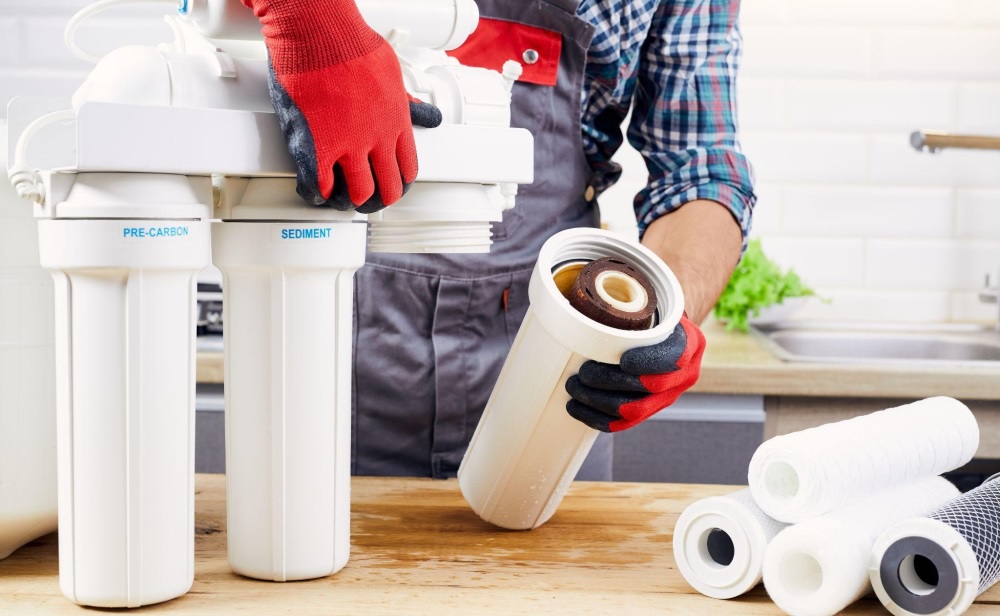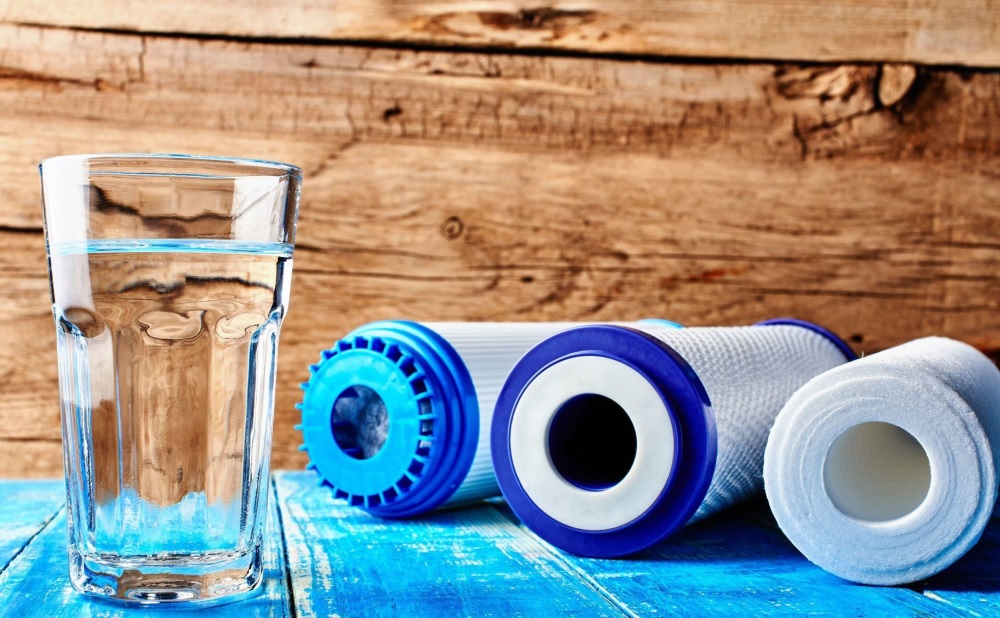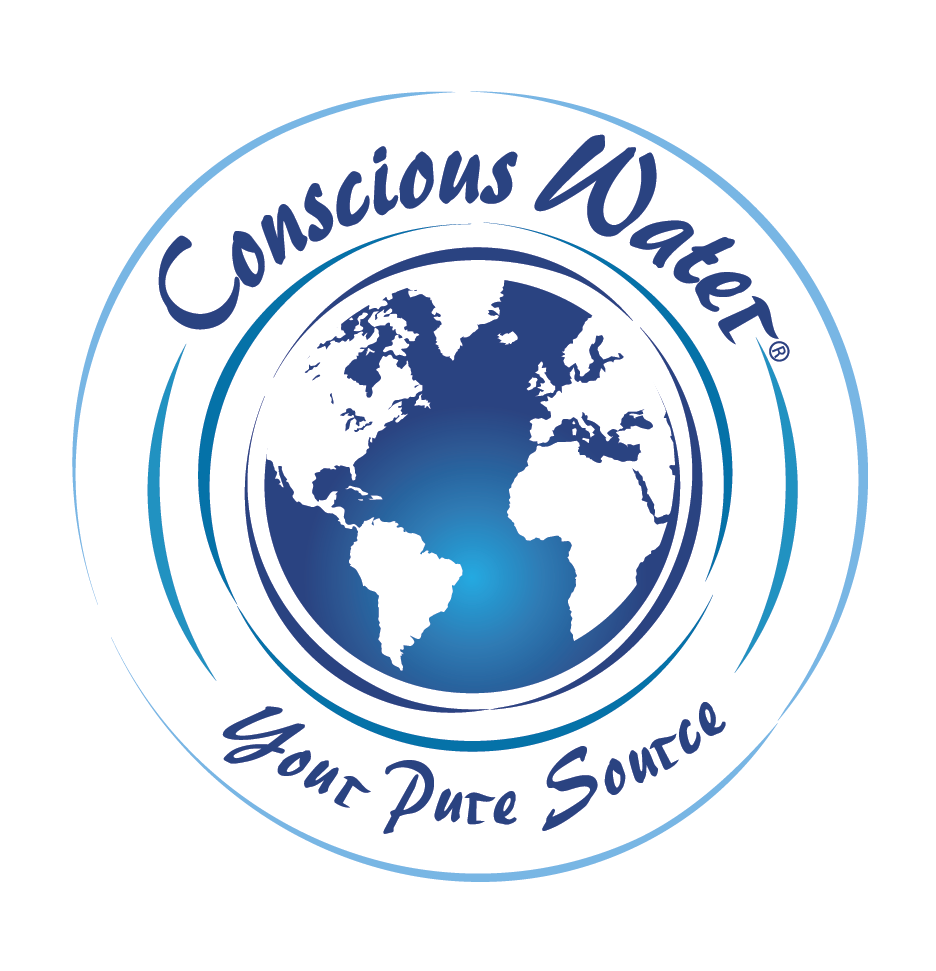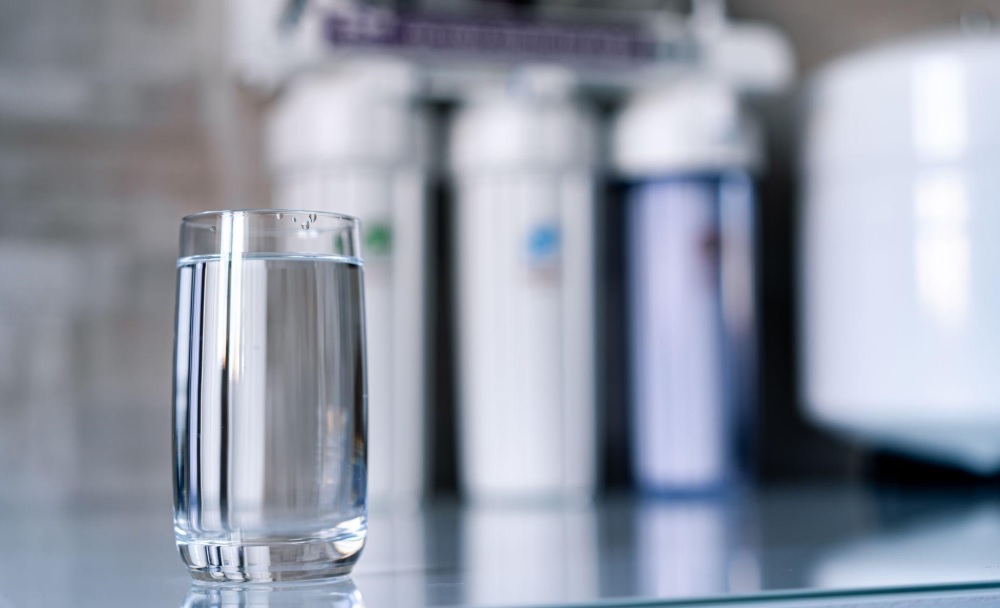When comparing two types of water filters, it is crucial to note their similarities and differences to decide which one has the specific features you are looking for.
Berkey and reverse osmosis are high-quality, reputable, and reliable water filters. They both provide clean water that is safe and delicious to drink.
While the two filters are much the same, they have some significant differences that make them stand out from one another. These differences are essential to consider and can help you decide which is the better option.
Berkey Water Filters vs. Reverse Osmosis Water Filters
The first thing we like to look at when comparing water filters is what each product is able to filter out.
Berkey filters eliminate more contaminants than most of the competitors on the market today, including:
- Protozoa
- Heavy metals
- Inorganic minerals
- VOCs
- Trihalomethanes
- Rust
- Pesticides
- Perfluorinated chemicals
- Petroleum products
- Sediment
- Silt
- Radiological waste
Because this filter removes so many particles, hazardous chemicals, and other contaminants, you can rest assured your tap water will always come out clear, clean, and safe to drink. It will look, smell, and taste great.
Reverse osmosis filters eliminate up to 98% of water contaminants, effectively providing high-quality, safe drinking water. These filters remove many contaminants, including:
- Heavy metals (lead, arsenic, etc.)
- Mineral ions (magnesium, calcium, nitrates, etc.)
- Pesticides
- Herbicides
- Chlorine and chloramine
- Fluoride
- Sulfates
How Do They Work?

Another feature that can make a big difference when deciding which system is right for you is how the filters work.
Berkey water filters work with gravity and five stages of filtration. The water starts in the top chamber and travels down to the bottom chamber via the assortment of maze-like filters in between. These filters remove contaminants as the water travels from the top to the bottom of the Berkey filter.
Reverse osmosis filters use, well…reverse osmosis. These filters use high pressure to move particles out of the water, turning it from contaminated to pure water. Each RO system filter is made with microscopic pores attached to the semi-permeable membrane filters, thus removing tiny particles along with larger ones.
Types of Filters You Can Buy
Many types of water filtration systems are available through Berkey, while reverse osmosis options are quite limited. Whether you are looking for smaller options for single families or larger ones for businesses or large gatherings, there is something available for you.
You can even enjoy water filters for your shower to keep your water smelling fresh and your skin healthy and soft.
The different types of filters offered by Berkey include:
- Sport Berkey Water Bottle
- Travel Berkey Water Filter
- Big Berkey Water Filter
- Berkey Light Water Filter
- Crown Berkey Water Filter
- Imperial Berkey Water Filter
- Royal Berkey Water Filter
- Go Berkey Kit
- Shower filters
- Bundle: Imperial Berkey and Stainless Steel Water Spigot
- Bundle: Travel Berkey and Stainless Steel Water Spigot
- Bundle: Royal Berkey and Stainless Steel Water Spigot
- Bundle: Crown Berkey and Stainless Steel Water Spigot
- Bundle: Big Berkey and Stainless Steel Water Spigot
Types of water filters offered by reverse osmosis include:
- Reverse osmosis water system for well water
- UV disinfection system
- Whole home system
The most significant difference between these two systems, aside from how they remove impurities, is how they deliver your water.
You get many more options with Berkey filters because they do not require installation and connections to your sink or water systems.
Reverse osmosis systems do require a tank set up in your home and must be connected to your pipes.
How Much Do They Cost?
For many people, the price tag associated with water filtration systems and future replacement parts and maintenance plays a huge role in which one is better for their home.
Because the Berkey system doesn’t require electricity or advanced installation, they are generally more affordable than reverse osmosis filters.
A Berkey filter lasts a very long time, can easily be cleaned to extend its life, and requires little maintenance.
Reverse osmosis filtration systems cost a lot up front because they must be installed into your home, and you frequently have to change out the filter and other components to keep the water flowing.
The Best Filters for House Size
Although Berkey will be the less expensive option, the size of the filter you choose will determine the amount of filtered water you get in each use. Sizes are available for anywhere from one person to 100 people or more, but the larger systems take more time to filter.
A reverse osmosis filter produces consistently clean water and a larger capacity to filter more water in less time.

Convenience of Use
Convenience is important when picking out a quality water filter. You want the ability to access clean, great-tasting water whenever you need it without having to wait.
Berkey water filters are more convenient for on-the-go needs or in smaller households where you can fill the filter up and store it until needed.
However, ROwater is always ready and waiting to go with the turn of your faucet since it is connected directly to your sink. While this is great for home, remember you can’t take your reverse osmosis system with you or move its location around the house. You also have to factor in the trouble with plumbing and, frequently, electricity.
Which Is the Better Filter: Berkey Water Filter vs Reverse Osmosis
Both filter options are great with filtration and can easily keep families healthy and hydrated. Each product successfully and impressively eliminates harmful contaminants that can make you sick, make your water smell bad, and negatively impact the flavour of your water.
Berkey water filters are more affordable, easier to travel with, and have long-lasting, low-maintenance parts. However, they are slower when filtering and need to be refilled once the filtered water runs out.
With that said, RO system filters connect directly to your plumbing, giving you on-demand filtered water. The downside is that these products are much more expensive and will keep accruing costs as you use them.
The better option between these two filters depends on precisely what you are looking for and what setup fits your home best. For more information on water filters for your home or to purchase high-quality products with ease, check out ConsciousWater.ca.


